Everyone may be very familiar with the so-called awesome list:
An awesome list is a list of awesome things curated by the community, about everything from CLI applications to fantasy books. Just like other thousands of awesome lists,
Awesome Lists collects curated, worthy and up-to-date links for ITCS, including Programming Language(Java, JavaScript, Python, Go, Rust, etc.), Software Engineering, Backend(Spring, Nginx, MicroServices, etc.), Infrastructure(Database, Network, etc.), InfoSecurity & Penetration, Industrial Application, DataScienceAI(Statistics, Machine Learning, Deep Learning, NLP, CV), Frontend Technology(iOS, Android, RN, Electron), etc. Note that I’ve attempted to order the books in order of most “tackleable”. So the idea is to read books from top to bottom.
What’s the difference between Awesome Lists and others?
- All lists are organized in a systematic and structured way, keep to my Ultimate Knowledge Graph(see below).
- Links in single list are ordered mannualy, seperated into multiple sections: Overview, Resources(Books, Courses, etc), Tutorials, etc.
Navigation
Finally, Let these lists speak for themselves:
- If you wan’t to learn Web Development, you may like DOM List, CSS List, React List, Redux List, Vue List, PWA List, Web Performance List, WebAssembly List, etc.
- If you wan’t to learn Java, Go, MicroService… you may like Java List, JVM List, Go List, MicroService List, Spring List, DevOps List, etc.
- If you wan’t to learn Distributed System, Database, Concurrent Programming… you may like Docker List, Kubernetes List, Linux List, HTTP List, Distributed System List, Blockchain List, Flink List, Kafka List, Database List, MySQL List, PostgreSQL List, etc.
- If you wan’t to learn AI, DeepLearning, TensorFlow… you may like DataScienceAI Book List, DataScienceAI Course List, Machine Learning List, Deep Learning List, NLP List, TensorFlow List, PyTorch List, etc.
You can use xCompass for searching in Web or alfred-sg for searching in MAC.
Knowledge Graph
There are massive curated links to help you study anything about heading first, with tutorials, practices, opensource, courses, books, etc. Each domain may contain the following files:
- {Something}-List.md – This file may contain or separate into the following:
- Overview & Case Study & CheatSheet
- Resource & Book & Collection
- Tutorial & Learning Path
- {Something}-Syntax-List.md – This file may contain or separate into the following:
- Variable & Expression
- Control flow & Error Handler
- Function & Functional Programming
- Class & Object
- MetaProgramming
- {Something}-DataStructure-List.md – This file may contain or separate into the following:
- Basic Type
- Indexed Collection
- Keyed Collection
- {Something}-Functionality-List.md – This file may contain or separate into the following:
- Storage
- Network
- System / Process
- {Something}-DevOps-List.md – This file may contain or separate into the following:
- Builder, Task runner, Bundler, dependence management
- Debug
- Test, unit test, integration test, e2e test
- Architecture, module system, State management,
- StyleGuide, coding standards for source code in the JavaScript programming language.
- {Something}-Production-List.md – This file may contain or separate into the following:
- Performance Optimization / Tunning
- Release / Deploy
- Accessibility / Monitor
- RealTime
- I18n
- {Something}-OpenSource-List.md – Awesome tools, frameworks, projects
- {Something}-Internals-List.md Inner mechanism under the hood, Core/Compiler/Engine
原文链接:Another Awesome Lists: Systematic & Structured Guide to Galaxy








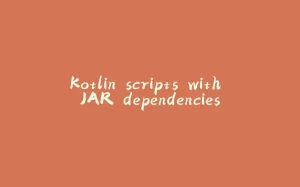
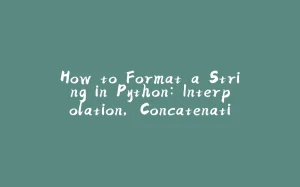






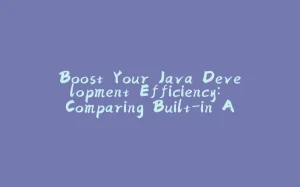
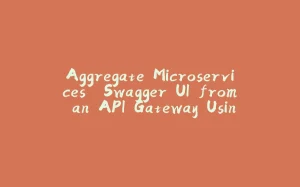
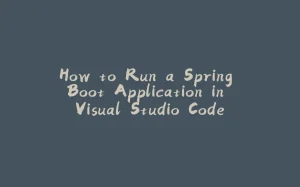

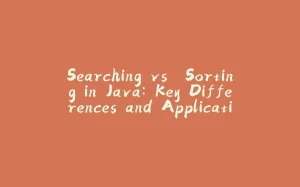
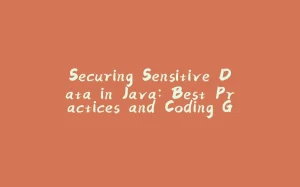






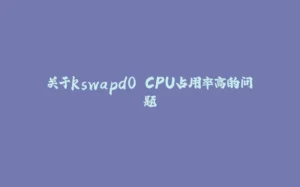




暂无评论内容